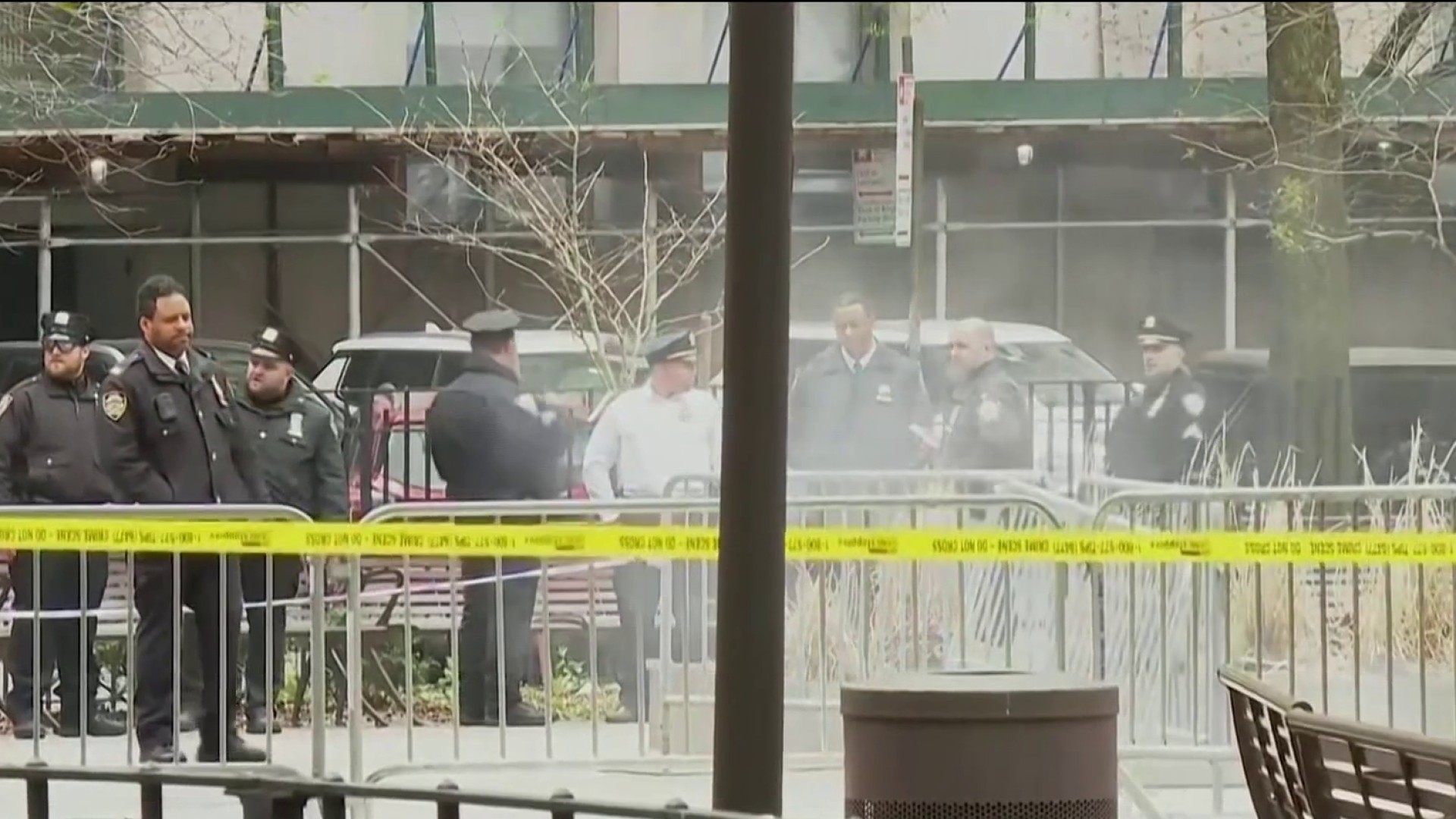WASHINGTON, DC, November 15, 2008 (ENS) - The end of the Bush administration can't come soon enough for U.S. conservation groups, who believe that the election of Barack Obama has ushered in a "new era of hope" for the environment.
"Eight dismal years of environmental abuse and neglect are now coming to an end," said Betsy Loyless, the National Audubon Society's senior vice president for policy.
Loyless joined other conservation leaders in a telephone briefing with reporters on Thursday, outlining their commitment to press President-elect Obama to quickly reverse some of the Bush administration's controversial environmental policies.
The conservation groups urged Obama to swiftly change current federal drilling policies, tackle climate change and strengthen protections for endangered species and public lands.
The Bush administration's drilling policies "have been slanted dramatically toward the oil industry," said Mike Daulton, the National Audubon Society's legislative director.
Daulton criticized President George W. Bush for withdrawing an 18-year executive ban on drilling for oil and natural gas along the outer continental shelf.
Bush lifted the ban in July and also pledged to veto any legislation aimed at reinstating the restrictions. As a result, oil companies may be permitted to drill as close as three miles offshore.
U.S. & World
Stories that affect your life across the U.S. and around the world.
"We now have a policy for our coasts that is unacceptable - a policy of zero protection for our beaches and coastal economies," Daulton said.
In addition to restoring the offshore moratorium, conservationists are keen to see a more measured approach to energy production on public lands, said Ann Morgan, vice president of public lands program at The Wilderness Society.
Millions of acres have been leased for oil and gas drilling in the past eight years in sensitive habitats across the nation, she said, and drilling has emerged as "the dominant use of public lands."
"The Bush agenda for development has trumped land managers' ability to protect air, water, and wildlife," Morgan told reporters. "We need reforms that will restore that balance."
The conservation groups urged Obama to aggressively tackle climate change and to address the impacts of a warming world on wildlife and public lands.
"The natural resources we treasure and rely on for survival are in trouble," said Robert Dewey, vice president of government relations for Defenders of Wildlife. "Any plan to address global warming must include steps to protect the natural systems that sustain us all."
Addressing climate change must be a "top priority" of federal natural resource agencies, Dewey said, and the government needs to bolster interagency cooperation and scientific capacity to aid implementation of climate change programs and policies.
Additional money must be found to implement efforts to limit the affects of climate change on natural resources, Dewey added, suggesting the money could come from revenues from a federal greenhouse gas emissions cap and trade program.
"We have to act now before irreversible damage is done," Dewey told reporters.
Conservationists are also hoping for a renewed effort to protect endangered species - they contend the administration has slashed funding and undermined protections for imperiled plants and animals.
"Safeguarding wildlife must be a top priority for both the Obama administration and the new Congress," said John Kostyack, National Wildlife Federation's executive director. "We need to start recovering species, not simply slowing their extinction."
The Bush administration has shown "overt hostility" toward the Endangered Species Act, Kostyack said.
"The first step is to reverse those damaging policies," he said. "But beyond … we need policies to get ahead of the extinction curve."
Kostyack urged new investments in state management plans along with a renewed focus on science-based judgments and on protections for entire ecosystems.
The issue of climate change must also be a key part of the effort to protect endangered species, he stressed.
"We can no longer ignore the elephant in the room - global warming is already having an impact on wildlife," Kostyack said.
He pointed out that the latest report from the United Nations' Intergovernmental Panel on Climate Change, issued in 2007 estimates that nearly one-third of all plant and animal species are at high risk of extinction from climate change.
"We can't assume that the future climate will be identical to the past climate," he said. "That has unfortunately been the case in recent years."
-- By J.R. Pegg, ENS Washington Bureau Chief
{Photo: Drought and dam have ruined this land in Oklahoma (Photo by Clinton Steeds)}
Copyright Environment News Service (ENS) 2008. All rights reserved.




